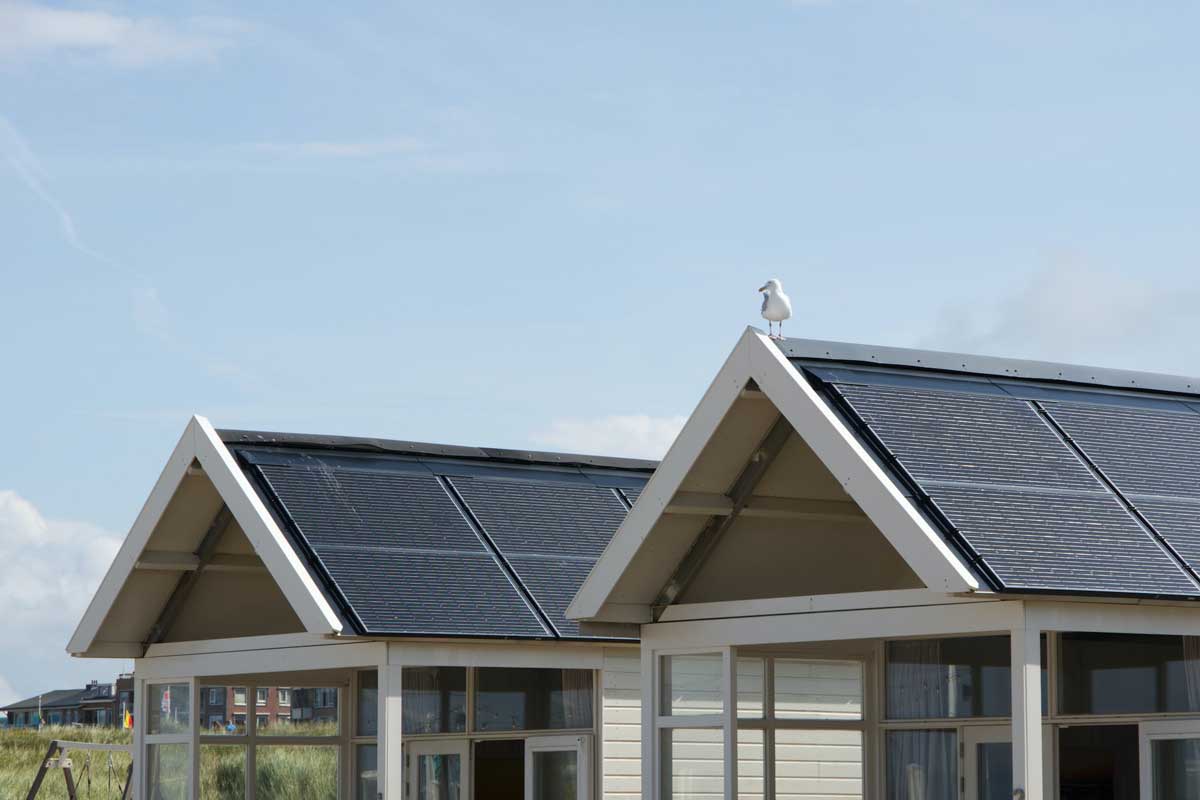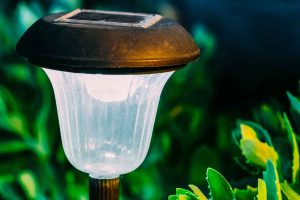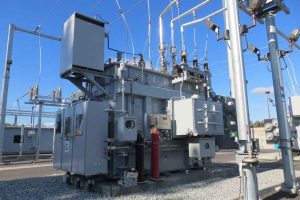Adding solar panels to homes is one of the most hotly debated topics in renewable energy. Some people love them. Others don’t understand why you would want them in your house.
But whether you’re an avid environmentalist or just looking for a way to save money on your electric bill, adding solar panels to your home can be a great idea.
Adding Solar Panels To Your Home.
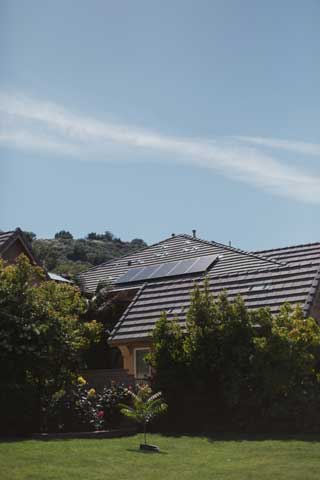
Investing in solar panels is a great way to save money. Solar panels may be just what you’ve been looking for if you want to be green and save money simultaneously.
The good news is that it’s not difficult to start adding solar panels to homes.
- You don’t need any special training or expertise—even if your home needs some updates before installing solar panels (like replacing old windows), it won’t cost much more than hiring an electrician.
- Solar panels aren’t just for helping out Mother Nature. They can also help out your wallet.
- Significant improvements in technology and efficiency have allowed homeowners worldwide to harness more energy from their roof space than ever before and reap all kinds of financial benefits.
- Once installed at home, they’ll continue producing free electricity as long as no clouds block their rays (which isn’t always easy but is possible).
Adding solar panels to homes is incredibly energy efficient and doesn’t cost a lot to operate, so it’s no wonder more people are installing them in their homes. Many different types of solar panels are available today, including some you can install yourself.
The most common solar panels are called photovoltaic (PV) panels. These devices are made from a semiconductor material that converts sunlight into electricity—so they’re very efficient at converting the sun’s energy into usable power for your home.
Discover Why Green Energy Is Important For Your Home
Learn about the benefits of solar energy and how it can save you money on your energy bill. Schedule a free consultation with us, and we’ll help you find the right solar system for your home.
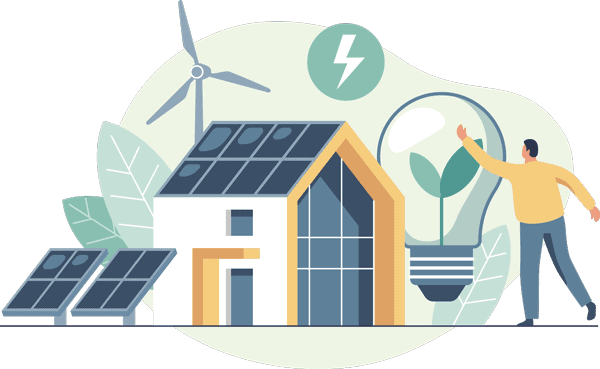
Solar Panels Are Easier To Use Than You think.
You may think solar panels are complicated or expensive, but they’re easy to use. You can install them yourself; they don’t require any special equipment or expertise to maintain.
If you’re still unsure about how to get started with adding solar panels to home, read on for a few tips:
- Start by researching solar panel options. Many different types of panels are available, each with pros and cons.
- Adding solar panels to your home can be a great way to reduce your carbon footprint and save on energy costs. But with so many different types of solar panels on the market, it can be hard to know where to start.
- Research out which type of solar panel would be best for your home. Consider factors like cost, efficiency, and aesthetics. Many different types of panels are available, each with pros and cons.
- Once you’ve decided which type of solar panel is right for you, get in touch with a qualified installer. It can help you choose the right size and location for your new solar panels and ensure the installation goes well.
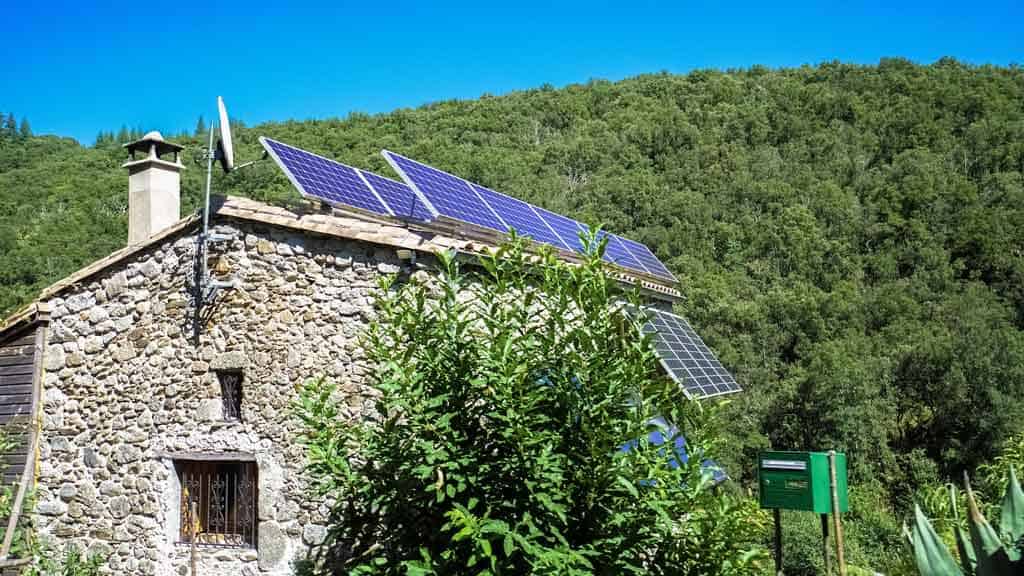
- You’ll want to find the right panels for your needs, including size, efficiency, and price. If you’re considering adding solar panels to your home, there are a few things you’ll want to consider before making your final decision. Size, efficiency, and price are all crucial factors that will play a role in which panels are right for you. Solar panels come in various sizes, so choosing ones that will fit nicely on your roof or wherever else you plan to install them is essential. Do some research and compare different solar panels before making your final decision. With so many options on the market, you’re sure to find the perfect set of panels for your needs.
- You can use it online to compare different options and get quotes from local solar installers. Plan where on your roof you want to place the solar panels. If you live in a warm climate, consider putting them on an east-facing slope of your home. It will allow them to capture more sunlight during the day. If you live in a cold climate, keep your panels on the south side of your home so they can absorb as much heat and light as possible.
- Choose a solar installer. Once you’ve found a few that seem reputable, check out websites to discover more about their solar panel installation experience and services.

- Choose a solar installer. Once you’ve found a few that seem reputable, check out websites to discover more about their solar panel installation experience and services.
- You can find local installers online or ask friends and family for referrals.
- Once you’ve found a few reputable companies, check their websites to compare prices and services.
- A consultation. During this meeting, your solar installer will discuss your options and help you devise a plan for installing your panels. As the cost of solar panels has dropped, more and more homeowners are considering adding solar to their homes. A consultation with a solar installer is the best way to learn about your options and what plan is right for you.
- Your solar installer will ask about your energy usage and goals in a consultation. They will then show you different panel options and help you calculate the return on investment for each option.
- Solar panels can reduce your energy bills and help the environment by saving you money. You need to find the right company to install them before you reap the benefits.
- Finding a qualified installer, you should get multiple bids to ensure you get the best possible price. You will also want to ensure that the company is reputable and has a good track record.
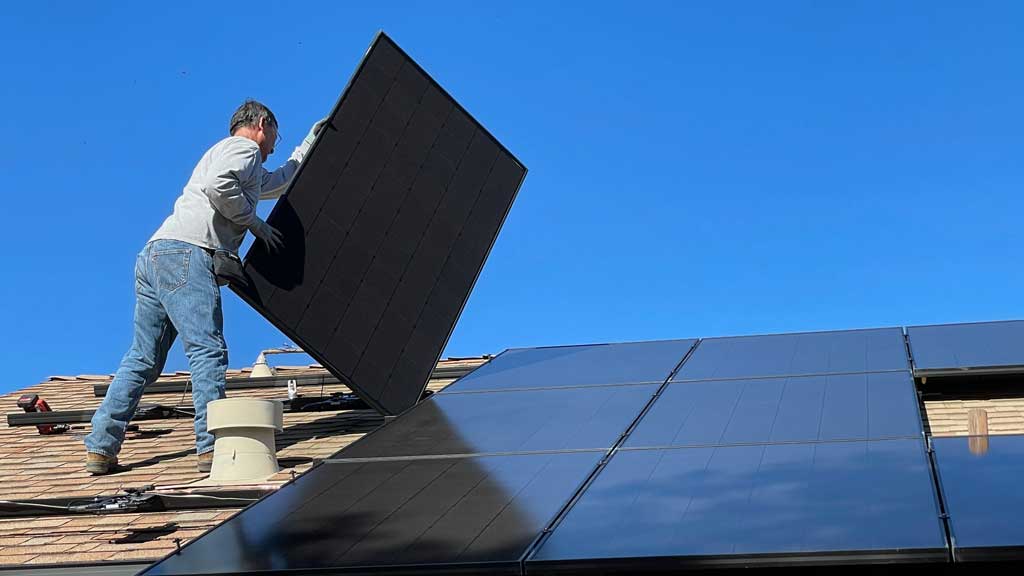
- Once you have found a qualified installer, they will develop a plan for installing your panels that meets your needs and budget. This may include adding support to your roof or making other changes to accommodate the panels.
- After the installation, you can start enjoying the benefits of solar power! Not only will you save money on your energy bill, but you’ll also be doing your part to help the environment.
- A consultation is the best way to start adding solar to your home. It will help you understand your options and ensure you get the most out of your investment.
- They’ll also let you know how much it will cost to install solar panels on your roof.
Get a solar quote from your installer. The next step is to decide whether you want to purchase or lease adding solar panels to home. If you buy them, the cost will be higher upfront, but you may save money in the long run as there are no monthly fees.
Solar Panels Can Save You Money.
Adding solar panels to homes, you’ll be able to save on your energy bill and lower your home’s carbon footprint. This is because solar panels generate electricity using the sun’s energy. As a result, they require no fossil fuels or burning of coal.
However, even though it’s good for the environment, installing solar panels also has some additional benefits that can help you save money in other ways:
- They increase the value of your home. Homes with rooftop solar panels are worth more than those without them—this is true even when there are fewer incentives available for homeowners opting for this type of technology.
- They allow you to decrease power bills over time since solar cells generate electricity from sunlight instead of relying on polluting fossil fuels like coal or natural gas (which emit carbon dioxide).
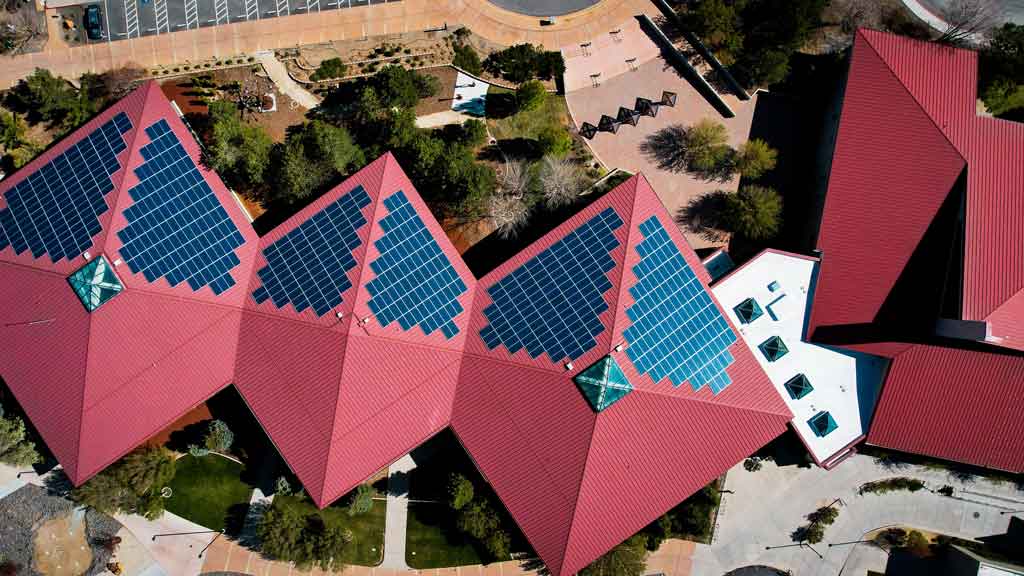
- Adding solar panels to homes can help lower emissions into our atmosphere.. Solar panels convert sunlight into electricity, which powers your home.
- Solar panels are a clean and renewable energy source and can help reduce your carbon footprint. In addition to helping the environment, solar panels can save you money on your energy bill.
- The more solar panels are installed in your home, the more electricity they generate. Installing solar panels in your home can help you save time and money on utility bills. Adding solar panels to home can help offset the cost of your monthly bill and, in some cases, may even eliminate it.
- They help the environment by reducing carbon emissions. Since adding solar panels to homes doesn’t rely on fossil fuels like coal or natural gas to generate electricity, they don’t emit harmful gasses like carbon dioxide into our atmosphere.
Space Isn’t An Issue For Solar Panels.
Solar panels don’t require a lot of space to be installed. Adding solar panels to home can be a great way to save money on your energy bill.
Rooftop or ground-mounted solar panels are both possible. Installing on the ground is more expensive. Solar panels can provide clean, renewable energy that will help you save money and reduce your carbon footprint.
The ground is more expensive to install. Homeowners are adding solar panels to various locations, including roofs and backyards.
There are many different options for where you can install solar panels, so it is essential to consider the space available in your area.
You can install solar panels on your roof or the ground. If you want to save money, it is best to install them on top. This way, you will not need to spend any extra money on land and will still benefit from solar panels.
Solar panels are straightforward to install. You will need a few tools, but hardware stores sell most of them. The solar panels come with instructions on how to install them and how to connect them to an electrical outlet.
Solar Panels Can Still Function Without The Sun
- Solar panels are not 100% efficient, but they are still a great way to save money on your energy bill. Solar panels can range in efficiency from as low as 10% to as high as 40%. The average efficiency of solar panels is about 20%. This means that for every 100 watts of sunlight that hits the meeting, the board will produce about 20 watts of electricity.
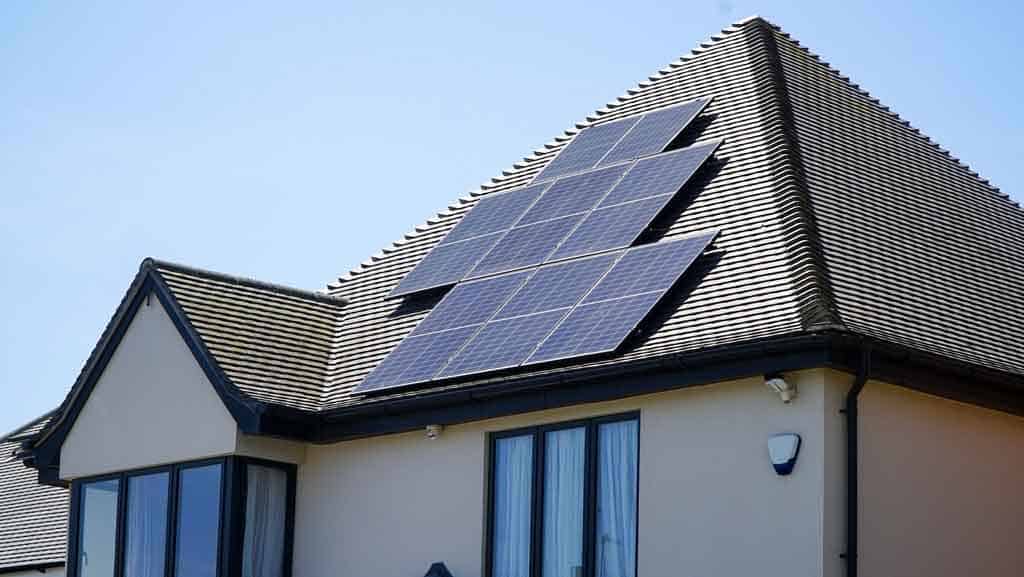
- Adding solar panels to homes can provide power even at night. The sun’s energy is stored in batteries during the day and then used to provide power at night. Solar panels can also supplement your home’s existing power supply. Adding solar panels to home can save money on your electric bill and supplement your home’s existing power supply. Utilizing solar panels as a renewable energy source can reduce your carbon footprint. Installing solar panels is relatively simple, and many companies offer installation services.
- Solar panels can also provide power on cloudy days and in the winter when there isn’t much sun in your home or business.
- Many people think solar panels only work when the sun shines brightly, but that’s not the case. Solar panels can provide power on cloudy days and in the winter when there isn’t as much sun.
- Adding solar panels to your home or business can help you save money on your energy bills, and they’re a great way to go green and reduce your carbon footprint.
- Solar panels are a wise investment for any home or business owner, and with advances in technology, they’re becoming more and more efficient. So why not take advantage of the sun’s free energy?
- The solar panel will still generate some electricity in these conditions, although not as much as on a sunny day. Adding solar panels to your home can help to offset your energy costs, and the savings can be significant. Solar panels generate electricity even on cloudy days, although not as much as on sunny days.
- The average home uses about 30 kilowatt-hours (kWh) of electricity daily.
- Solar panels typically have a warranty of 25 years,
- They will continue to generate electricity for many years after that.
When it comes to solar panels, efficiency is essential. If the solar panel isn’t efficient, then it won’t be able to produce as much electricity as you need. Solar panels are a great way to save money on your electric bill, but only if they’re efficient.
The most efficient solar panels consist of monocrystalline silicon. This type of silicon is very pure and makes for a more efficient solar cell.
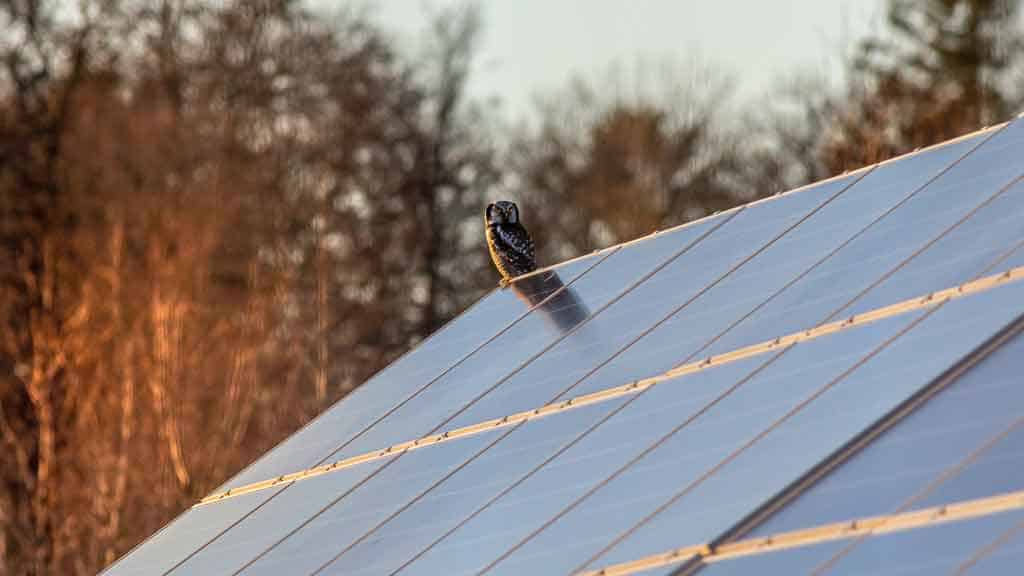
However, monocrystalline silicon solar cells are also more expensive than other solar cells. Looking for a high-quality product that will work well with your needs is essential. The solar panels consist of silicon and other materials.
They’re usually black or dark blue, making them blend in with the roof of your home or business. The material used for the cells is light but strong. It’s also flexible enough that it won’t break if you drop it.
Conclusion
Adding solar panels to your home can be a great way to save money and go green. However, it would help if you understood a few things before you started.
Assess your home’s suitability for solar panels. This includes factors like the size and orientation of your roof and the climate in your area.
Once you’ve determined that your home is a good fit for solar, the next step is to choose the right system for your needs. There are many different types of solar panels on the market, so it’s essential to do some research to find the best option for you.
You’ll need to install the solar panels and connect them to your home’s electrical system. This process can vary depending on your type of system, but it’s generally not too difficult.

